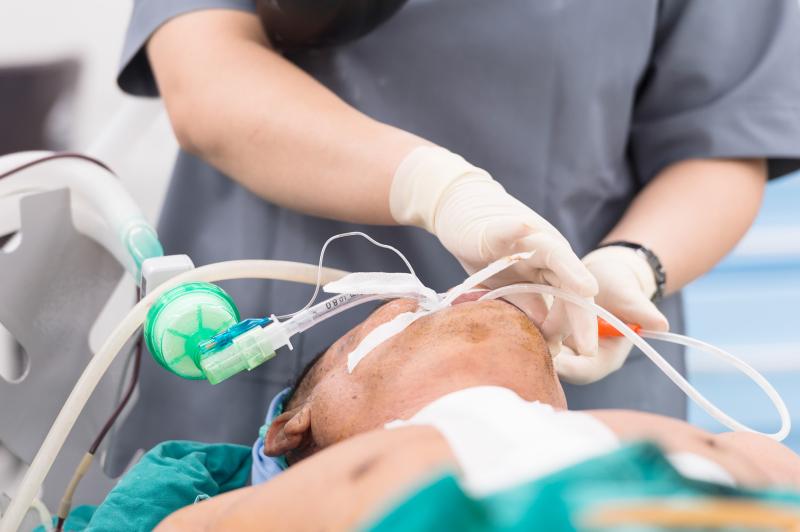
Myocardial injury appears to frequently occur among hospitalized patients with the novel coronavirus disease (COVID-19), whereas troponin concentrations remain at low levels, according to a US study. Patients with cardiovascular disease (CVD) have a higher likelihood of myocardial injury than those without CVD.
“Troponin elevation among patients hospitalized with COVID-19 is associated with higher risk of mortality,” the investigators noted.
This study sought to describe the degree of myocardial injury and associated outcomes in a large hospitalized cohort with laboratory-confirmed COVID-19.
The investigators analysed 2,736 patients with COVID-19 (median age, 66.4 years; 59.6 percent men) admitted to one of five Mount Sinai Health System hospitals in New York City, US, between 27 February 2020 and 12 April 2020, with troponin-I (normal value <0.03 ng/ml) measured within 24 h of admission. Electronic health records were utilized to obtain patient demographics, medical histories, admission laboratory results, and outcomes.
CVDs, such as coronary artery disease, atrial fibrillation, and heart failure, as well as hypertension and diabetes, were common in patients with higher troponin concentrations. Of the patients, 985 (36 percent had elevated troponin concentrations and 506 (18.5 percent) died during hospitalization.
Adjustments for disease severity and relevant clinical factors demonstrated that even small amounts of myocardial injury (eg, troponin I >0.03–0.09 ng/ml; n=455; 16.6 percent) could result in death (adjusted hazard ratio [HR], 1.75, 95 percent confidence interval [CI], 1.37–2.24; p<0.001), while greater amounts (troponin I >0.09 ng/dl; n=530; 19.4 percent) significantly correlated with a much higher risk (adjusted HR, 3.03, 95 percent CI, 2.42–3.80; p<0.001).